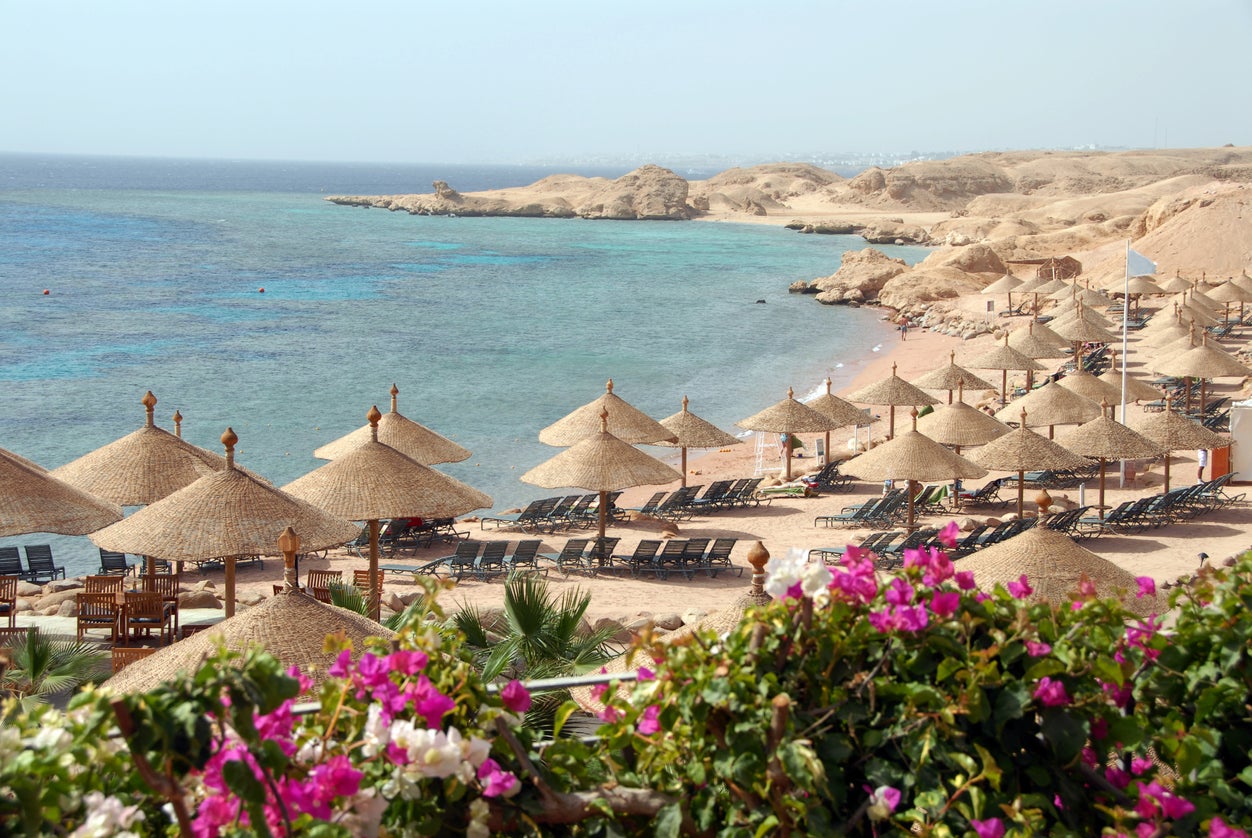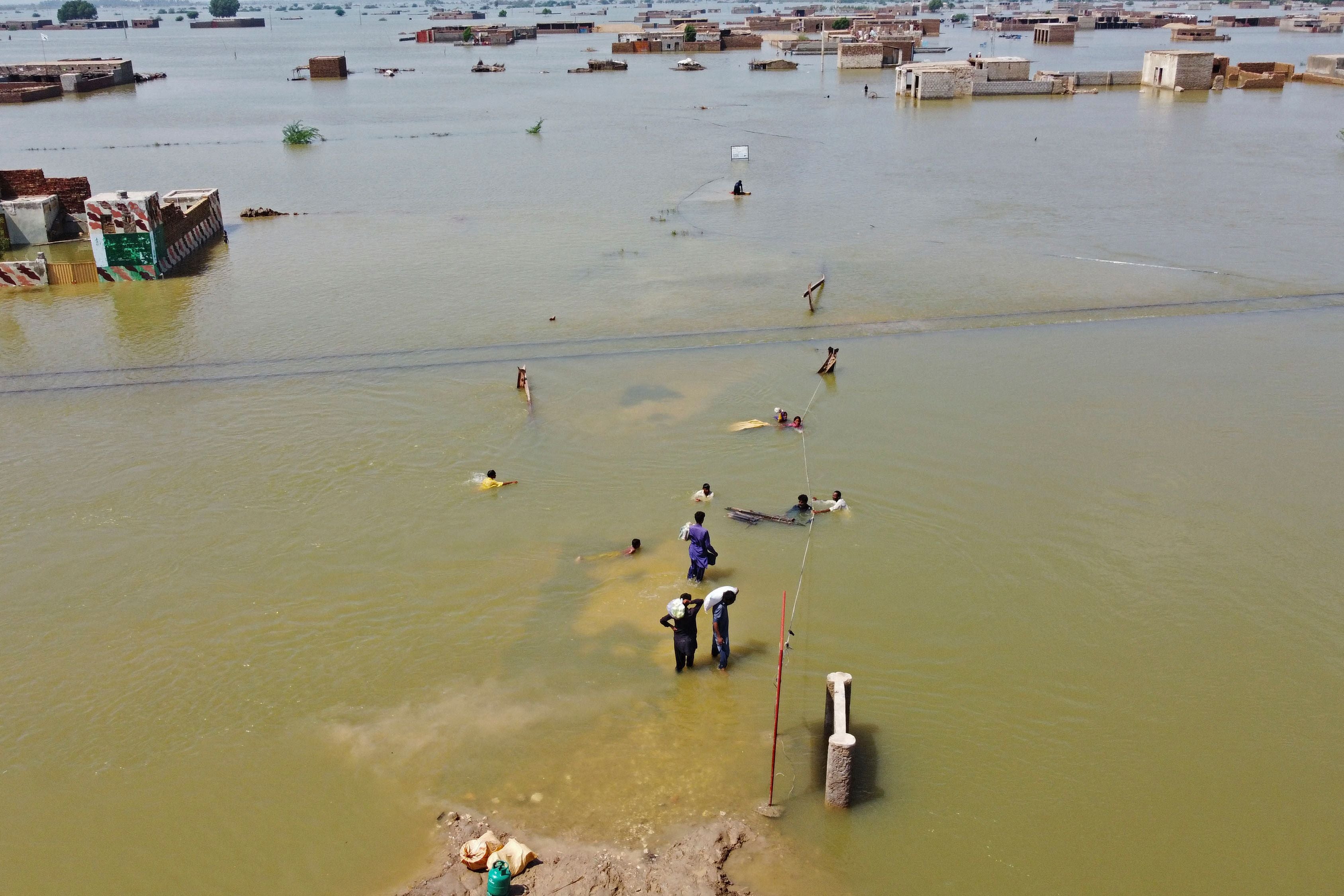Exorbitant hotel prices and fears for safety: How Cop27 is already failing the global South
Despite being ‘Africa’s Cop’, climate activists tell Stuti Mishra that price gouging and safety worries are keeping them away from the Egypt summit


Your support helps us to tell the story
From reproductive rights to climate change to Big Tech, The Independent is on the ground when the story is developing. Whether it's investigating the financials of Elon Musk's pro-Trump PAC or producing our latest documentary, 'The A Word', which shines a light on the American women fighting for reproductive rights, we know how important it is to parse out the facts from the messaging.
At such a critical moment in US history, we need reporters on the ground. Your donation allows us to keep sending journalists to speak to both sides of the story.
The Independent is trusted by Americans across the entire political spectrum. And unlike many other quality news outlets, we choose not to lock Americans out of our reporting and analysis with paywalls. We believe quality journalism should be available to everyone, paid for by those who can afford it.
Your support makes all the difference.Next week, all eyes will be on the Egyptian resort town of Sharm el-Sheikh for the United Nations climate summit, where life-and-death decisions will be made for some of the world’s most vulnerable people.
The 27th Conference of the Parties to the United Nations Framework Convention on Climate Change, or Cop27, comes after a year of weather extremes triggered by the climate crisis which have battered populations from Pakistan to Florida. While there’s more push than ever for inclusive and fair negotiations, the summit seems to be failing at the first step – ensuring the participation of activists and organisations from the most affected communities in the global South.
Prior UN negotiations have been criticised for being exclusionary but it was hoped that “Africa’s Cop” – taking place on the continent most vulnerable to climate change and least resilient in recovery – would place it front and centre.
However, instead of providing easier access to voices from developing countries in the global South, activists have told The Independent that participating in Cop27 is even more challenging than previous summits, like Cop26 in Glasgow which saw massive participation from civil society and youth groups.
Dozens of activists and organisations from Asia to Latin America, many of whom work with victims of climate catastrophes, say they are being forced to skip the Sharm el-Sheikh meeting despite the clamour for climate justice to be a central issue.
“I have been saving money for the last six months to be able to attend the conference,” says Mali, a 22-year-old climate activist from southern India, who asked that her last name not be used. “I was so happy when I found an accommodation in my budget in August and I quickly booked it.
“But in October I received a message from the owner that my booking has been cancelled. When I repeatedly called to ask for a reason, I was told they are listing it again at prices much higher than what I saw, and said if I still wanted it, I can book it at the new rate.”
Activists say attending the UN climate talks remains a privilege for those that can secure enough funding and accreditation, with very little effort taking place to bridge the gap.
A group of climate activists in South America carried out a survey among their peers to find out how many will actually be able to attend Cop27 despite having official UN accreditation.
They found that 93 out of 145 respondents were experiencing problems with accommodation, either last-minute cancellations or being priced out.
“The hiking prices of hotels fuelled by unfair practices such as the cancellation of bookings ... worsen the already difficult conditions to access affordable and safe accommodation near the venue,” Azul Schvartzman and Maria Aguilar, youth climate activists from Argentina and Colombia told The Independent.
Similar accounts have been shared by activists on social media who received last-minute cancellations from hotels and rental properties, and then saw them relisted at much higher rates.
Carbon Pulse, a news organisation, tweeted that it booked accommodation costing £11,000 in November 2021. The reservations were cancelled in September and the rooms re-advertised at three times the price.
Earlier this year, Climate Home News reported that the Egyptian tourism ministry had imposed a floor price for rooms in Sharm el-Sheikh at several times their usual cost, driving up prices ahead of the crucial conference.
The Egyptian government denied the allegation and said that no government order was in place. Soon after, the government advertised 400 subsidised rooms for youth activists wanting to attend the conference.
However many activists say their experiences have been different from what the Egyptian government says.
Vikrant Srivastava, founder of the youth-led, climate-focused Nisarg Foundation told The Independent that he tried booking accommodation using the Egyptian government’s subsidised room policy but didn’t receive any confirmation for weeks.
“Even after paying, my accommodation has not been confirmed,” he added.
The Independent has contacted the Egyptian embassy and Cop27 organisers for comment.
Many activists from Africa who couldn’t attend Cop26 due to costs and pandemic-related restrictions were hopeful of making it to Egypt. Africa contributes less than 4 per cent of global greenhouse emissions but is most vulnerable to climate impacts.
Christine Mbithi, Africa regional campaigner with climate group 350.org, told The Independent that a large number of people were unable to secure rooms because of exorbitant prices, and that hotels were looking at Cop27 as a profit-making opportunity.

“The hotels were just trying to like leverage on this moment, to capitalise and make money,” she said.
“It’s a shame that this is an African Cop and the communities worst impacted by climate change are not getting represented, they are not going to be able to speak for themselves, someone else will be speaking on their behalf.”
Observers say Egypt’s decision to hold Cop27 in Sharm el-Sheikh, a small city of luxury resorts instead of the larger, more accessible capital Cairo, underlines how affordability was not considered a factor.
According to the UN, over 30,000 people are registered to take part in Cop27. Egyptian officials have said there will be space for protesters to gather at the summit but only in a purpose-built area near the highway away from the conference centre.
“No one is allowed here without registration,” Major General Khaled Fouda, governor of the South Sinai region where Sharm el-Sheikh is located, said last month.
Activists say the message to them is clear – there isn’t much space for protest.
The concerns were echoed by Greta Thunberg who announced she will not be attending this year’s summit.
“I’m not going to Cop27 for many reasons but the space for civil society this year is extremely limited,” she said during an interview at her book launch in London last week.
Mr Srivastava says there’s also a sense of fear among many activists, especially those from gender minorities, that they aren’t welcome at this conference.
“I know people who really had something to contribute to this conference but eventually decided not to go because of the fear of the way [Egypt’s] government treats protestors,” he said.
“Most of those going to Cop are from big organisations and big cities like Delhi, where you have the embassy. Is anyone coming from the northeastern part of India, is anyone coming from Odisha? No! Because people from these regions can not travel to Delhi just to apply for a visa.”

Similar views were expressed by activists from Pakistan, which has experienced catastrophic flooding that left 33 million people displaced. Pakistan’s prime minister Shahbaz Sharif is expected to make a case for compensation from rich countries to poorer ones at Cop27, an issue known as loss and damage.
A large number of Pakistan’s activists, who have worked on the front lines of the recent climate disaster, do not have any means to reach the conference.
“Millions of people in Pakistan will spend years recovering from the floods we faced this year. They are victims of climate change and deserve to be heard. But how many of them can reach Egypt to speak about their tragedies?” asks Khalid Waqar, who runs a charity in the hilly areas of northern Pakistan.
“A conference that aims to talk about climate change should not be happening in a resort but in a place where you can see what is actually happening to people.”



Join our commenting forum
Join thought-provoking conversations, follow other Independent readers and see their replies
Comments